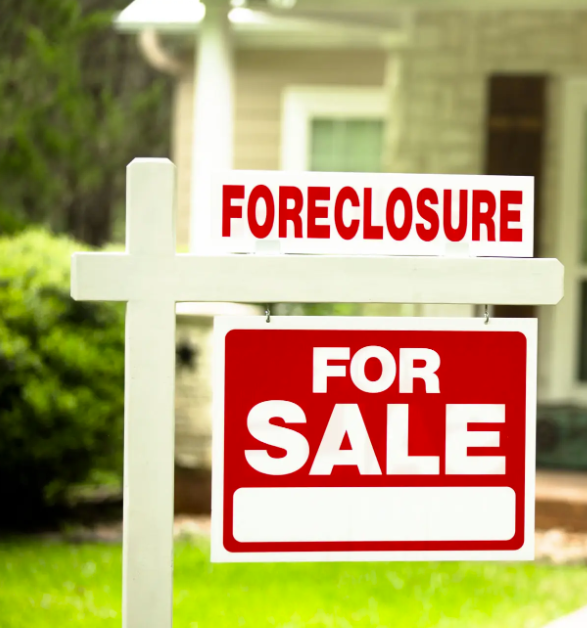Why are they different?
When a homeowner can no longer pay their mortgage, two significant legal processes can come into play: Power of Sale and Foreclosure. Your lender can take legal action to force the sale of your home because a mortgage is a form of secured debt with your property as collateral. They can recover the unpaid debt by repossessing your home and selling it on the open market.
Always read the fingerprint of any mortgage commitment to be sure which process your lender will use in the event of default. Power of Sales are more common in Ontario however, foreclosures are still possible.
There are some differences between them, especially regarding how the home's equity is used. Understanding the key differences between these two is crucial.
Power of Sale:
Typically, it is faster than foreclosure.
Allows lenders to sell the property without lengthy court proceedings.
The homeowner retains the right to any sale proceeds exceeding the debt owed and costs incurred.
Foreclosure:
Often, it is a slower process as it involves going through the court system.
The lender takes full ownership of the property, which means all homeowner's rights are extinguished.
Any excess proceeds from the sale after debts and costs go to the lender, not the homeowner.
While both methods ultimately lead to the loss of a home when a borrower defaults on their mortgage, the implications for the homeowner’s finances and future housing prospects can be quite different between Power of Sale and Foreclosure.
The Main difference to be aware of is how the sale proceeds are divided. In a power of Sale, the homeowner retains the right to any sale proceeds exceeding the debt owed and costs incurred. In a Foreclosure, any excess proceeds from the sale after debts and expenses go to the lender, not the homeowner.
As a Buyer, looking for these types of sales might benefit you. Although the number of distressed sales has fallen over the years, they still come up on the market occasionally. Although most people are attracted to price, some risks are involved when purchasing a Power of Sale or Foreclosure property. The main risk is that these properties usually hold no warranty or disclosures since the seller hasn’t lived or knows much about the property.
We at Unna Real Estate Group are always on the lookout for distressed Properties for our clients, and you can be too by accessing our VIP section of our website. Here, you can search thousands of properties and access sold data and neighborhood reports.
Reach out to us anytime with any questions or concerns; we're always ready to chat.





